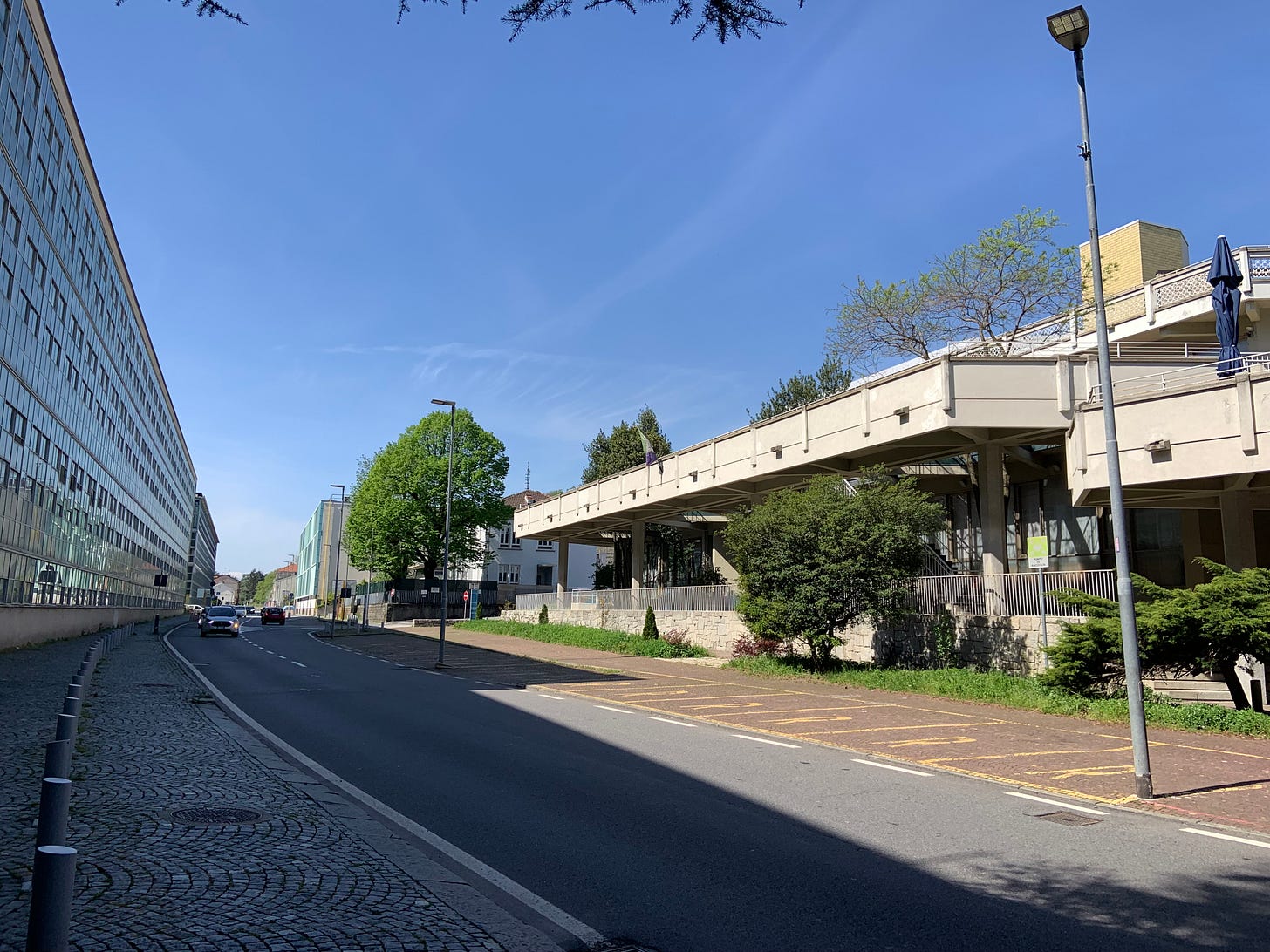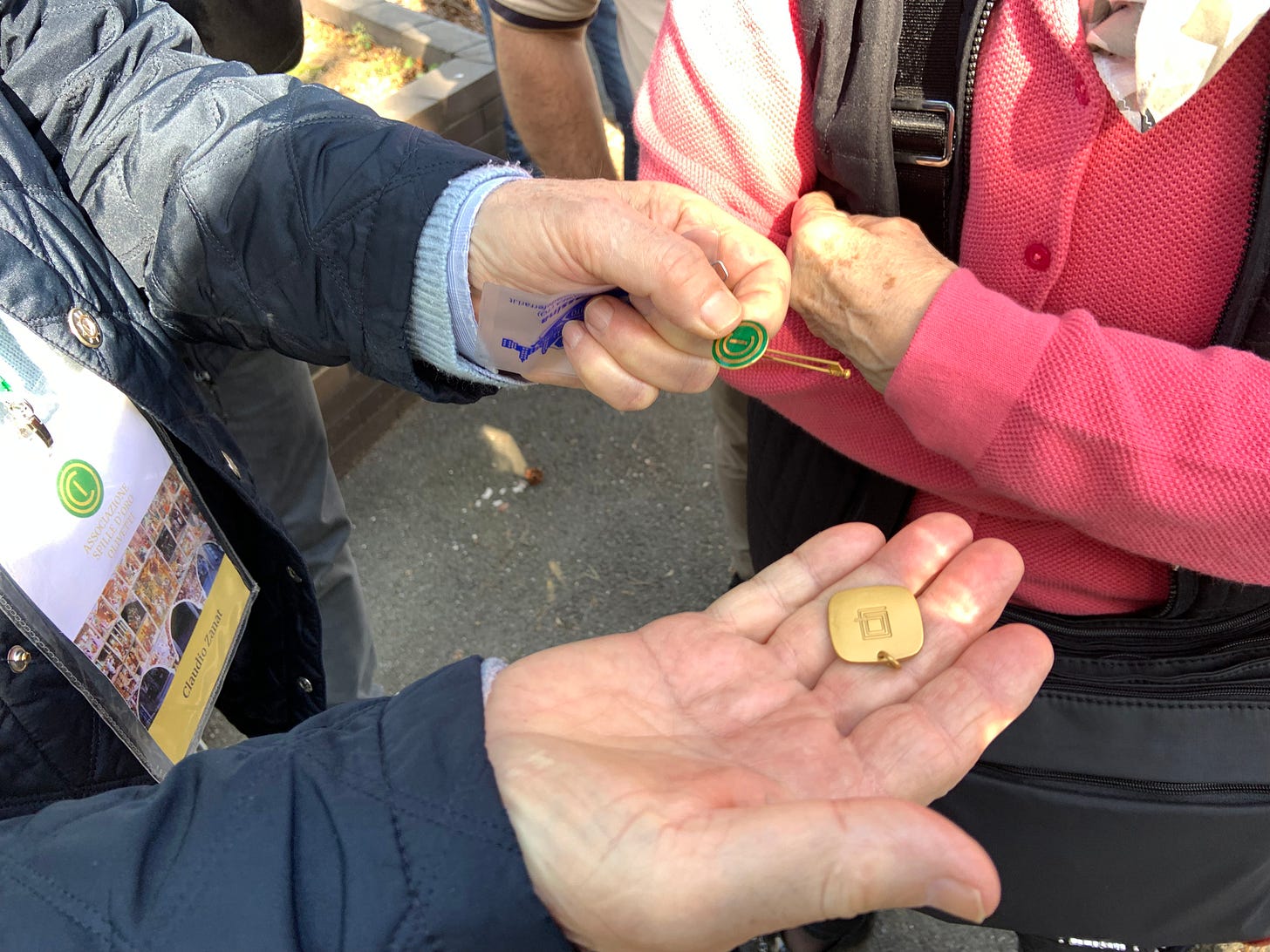Ideal City Realized By Olivetti Family In Ivrea
The famous utopian theories were realized in Italy more times, for example, the establishment of a colony by the king Ferdinand IV of Bourbon and the ideal city of Camillo Olivetti in Ivrea (TO)
Utopia (from ancient Greek οὐ “not” + τόπος “place”, that is, “a place that does not exist”; according to another version from ancient Greek εὖ “good”, that is, “good place” ) - an image of an ideal social system in the past or an imaginary future (uchronia), or in a country that supposedly already existed or exists somewhere (heterotopia), or as social transformations leading to the realization of the ideal. Utopia can have a positive meaning as a normative social ideal of a society (or state of affairs) of perfect quality

In the tapestry of human history, the concept of utopia has woven itself as a recurring dream, a vision of a perfect society where harmony and prosperity reign supreme. From philosophical musings to practical implementations, pursuing an ideal world has captivated minds for centuries.
The most famous utopian theories were those of Plato, the “City of the Sun” of the Calabrian Tommaso Campanella, of Thomas More, and the establishment of a colony by the king of the Two Sicilies, Ferdinand IV of Bourbon in 1789.
One such manifestation of this romantic ideal can be found in the serene town of San Leucio near Benevento, Italy. The rebirth of the silk industry alimented the Neapolitan Enlightenment of the 18th century. It was the first example of a socialist republic in modern history. Here, not too far from Naples, the vision of a harmonious existence is still palpable when you visit it.
I thought precisely of this when with our group of volunteers from FAI (Italian Environment Fund) I visited part of the complex last Saturday. It has now become an exhibition, a sort of museum, since the factory closed in 2002.
Nobody said it, but I think the Olivetti family's endeavor to create an ideal town for their workers in Ivrea reflects a modern interpretation of utopia.
By providing not just jobs but a holistic living environment that included housing, schools, and recreational facilities, the Olivettis sought to nurture a sense of belonging and well-being among their employees. This innovative approach not only elevated the quality of life for the workers but also fostered a strong sense of camaraderie and unity within the community.
The former workers of the factory accompanied us on our journey and told us how much care Olivetti took for the well-being of their workers. From the possibility of reading in the library, studying, and even getting a degree; from facilities for practicing sports — to free meals for both workers and members of their families, and to free medical care.
With great pride, they showed us the gold pins that the factory gave to those workers who worked there for 25 years and a gold pendant for workers with 35 years of service.
In these instances, whether in the historical context of San Leucio or the more contemporary setting of Ivrea, we see glimpses of utopia taking shape, reminding us of the enduring human quest for a better world. As we continue to strive towards creating more inclusive, sustainable, and fulfilling societies, these examples serve as beacons of inspiration, guiding us towards a brighter future for all.
Read More: How To Organize Your Urban Trekking In The Little Towns Of Piedmont











